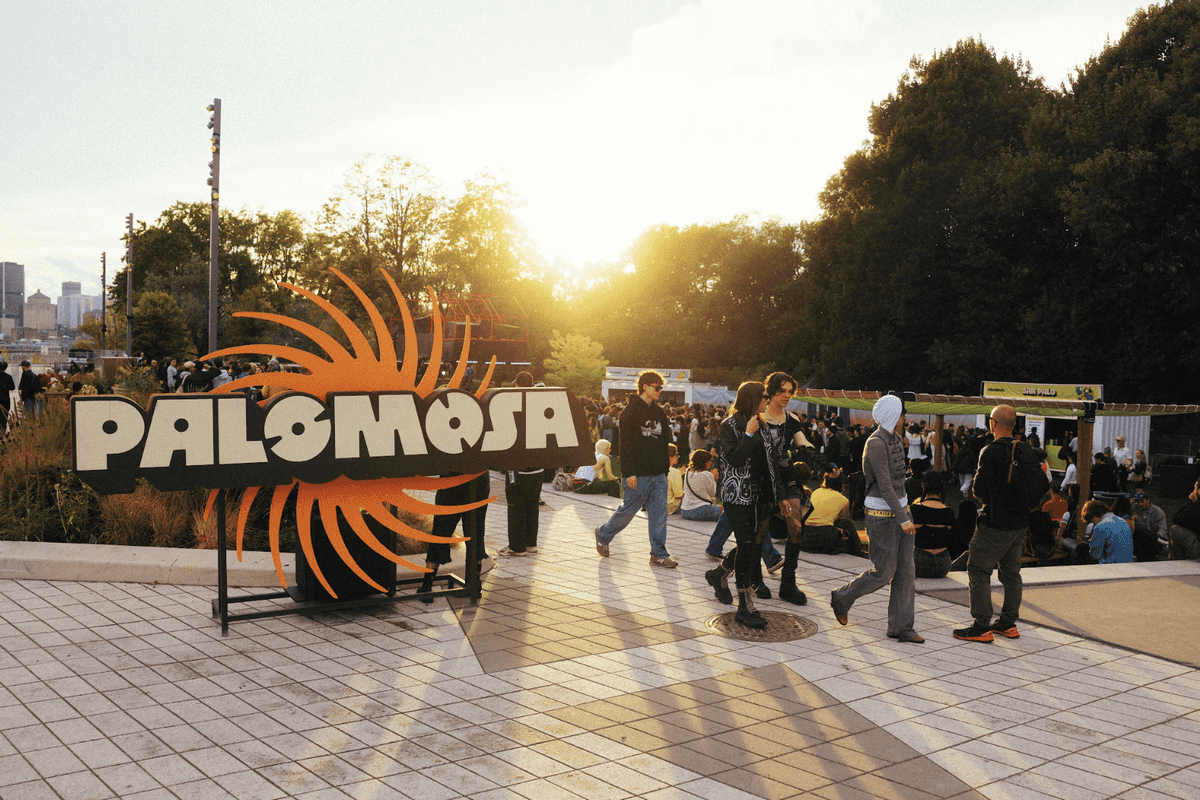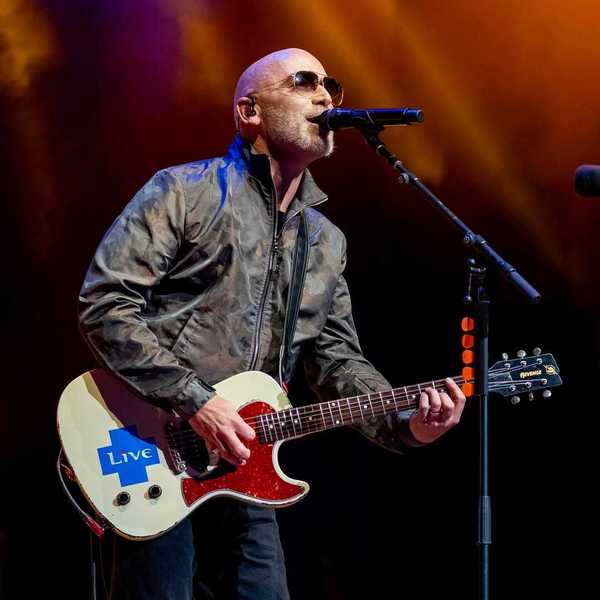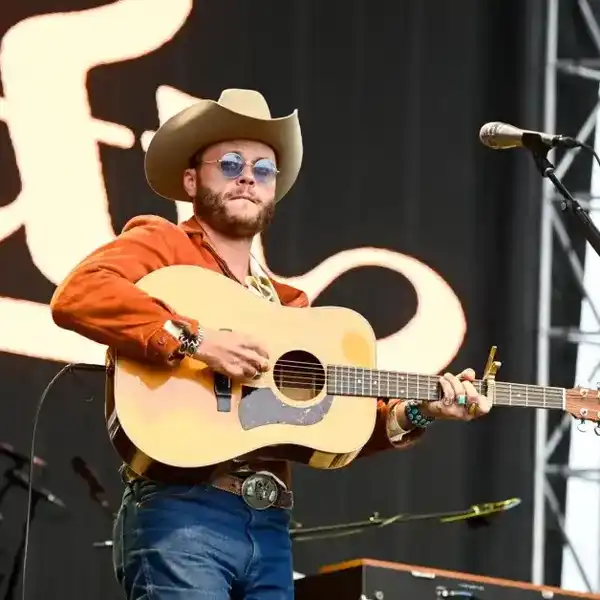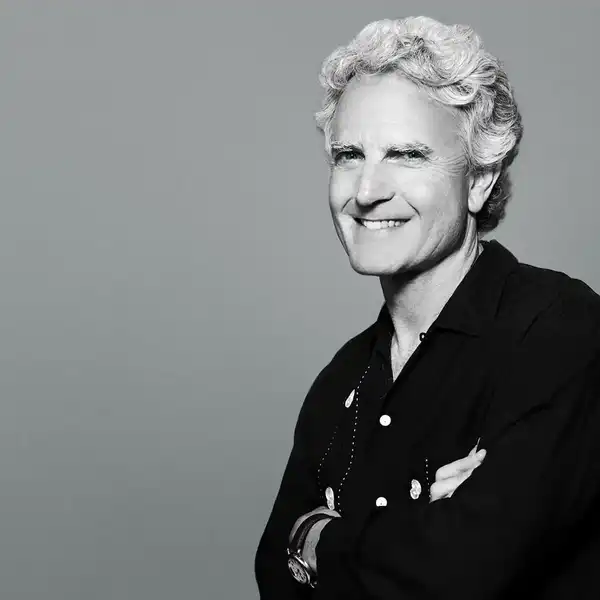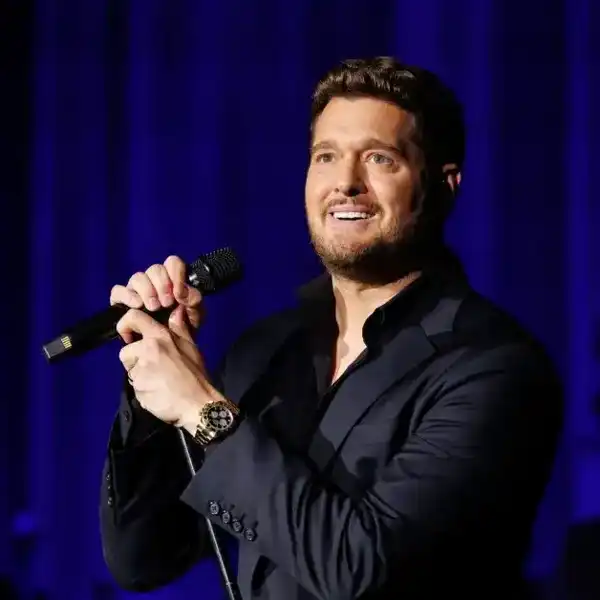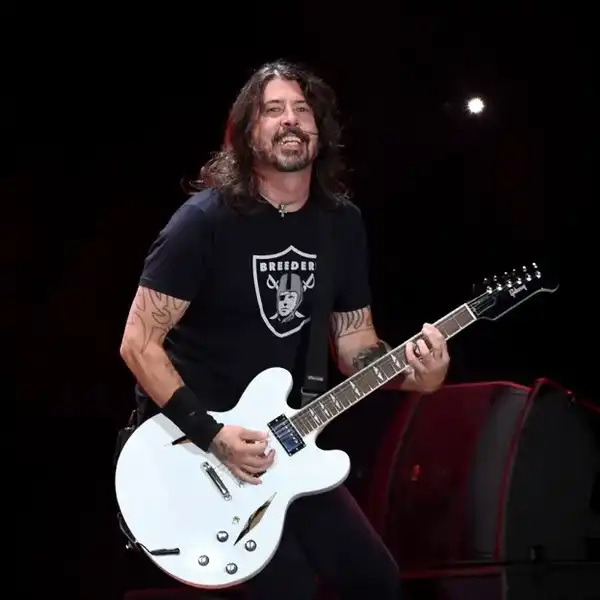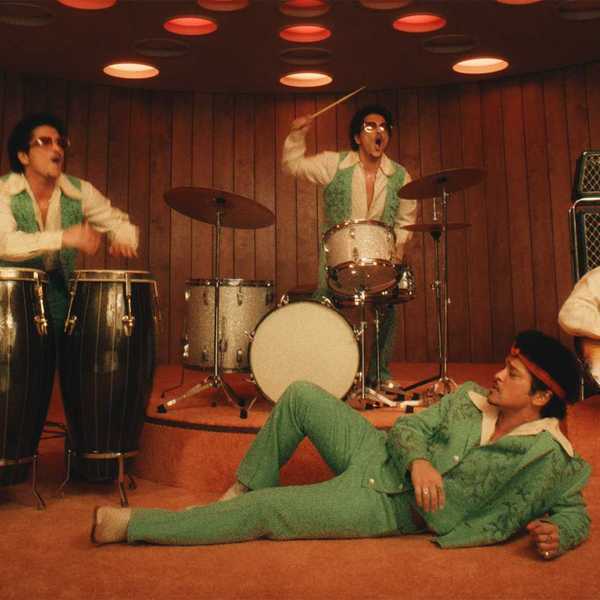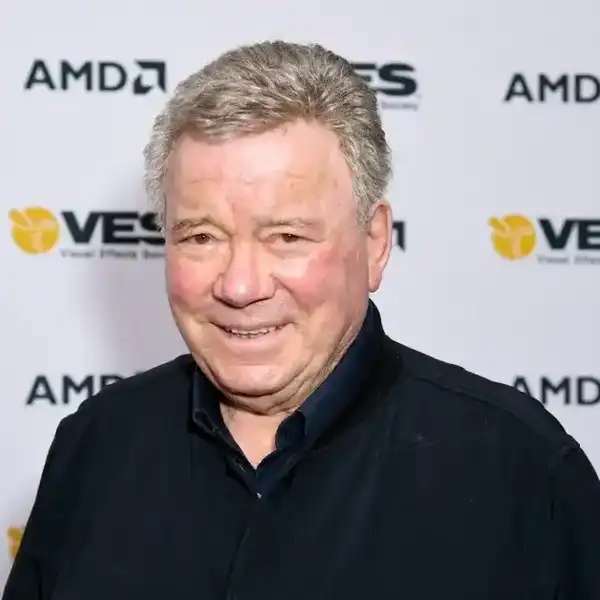Dave Charles Sits Down With Broadcast Legend, George Johns
George Johns has an impressive radio resume, to say the least.

By Dave Charles
George Johns has an impressive radio resume, to say the least.
The highlights of George Johns' radio career so far…. He created the first-ever Adult Contemporary music format at CFTR in Toronto in 1972 and relaunched it on KVIL in Dallas in 1973. Created the nationally syndicated “Magic Ticket,” which was one of the first sales/programming promotions.
Co-Created “Fantasy Park,” which was nationally syndicated.
Created Class FM format for KLLS in San Antonio and then syndicated it on 40 radio stations.
Put “Music Of Your Life” up on Satelite, which was carried by a hundred radio stations.
Co-created and launched WKLB, Boston’s first Country Radio Station.
In the ’70s…. He was Program Director at CFRA Ottawa, Program Director at CFTR Toronto, and then Station Manager at CFTR.
He went on to become National Program Director of Fairbanks Broadcasting: WIBC/WNAP Indianapolis, WVBF/WKLB Boston, WKOX Framingham, WIBG Philadelphia, WRMF/WJNO Palm Beach, KVIL FM and AM Dallas and Vice President of Programming for Fairbanks.
Notably, he studied with Mike Vance, Dean of Walt Disney University.
In the ’80s, George became an American citizen. Formed The Johns Company, which consulted radio stations in the US and Canada. Then, merged The Johns Company with Fairwest, which syndicated: Continuous Country. Music Of Your Life. The Class format.
George then became a principal of KLLS San Antonio, K103 Portland, WZPL Indianapolis, WMET Chicago and STAR Milwaukee. Now, he is a Radio Advisor and Talent Coach and writes a weekly blog Entitled Geo’s Media Blog.
If that weren't enough, he’s writing three books entitled: Guitars & Radio & Wild Wild Women. 50 Ways To Keep Your Lover and 1001 Life-Liners.
DC: Where did your love for radio begin George?
GJ: My love of radio began in Transcona (A suburb of Winnipeg) when Top 40 radio was just beginning, and I was about fourteen.
DC: Give us a rave on some of your radio heroes and what you learned from each of them.
GJ: My early radio heroes were Mark Parr, Jimmy Darin, (Hilliard) Chuck Dann (Riley), and Daryl B, who were all on CKY when I started as a board op.
Mark Parr showed me how to run a radio board; Jimmy Darin taught me to think big; Chuck Dann taught me that you can't splice strings; and Daryl 'B' proved that people knew if you loved the music.
DC: When you put the top 40 format together for 680 CFTR Toronto what were some of the key attributes to differentiate you from Top 40 competitor 1050 CHUM?
GJ: What I launched at CFTR was later called Adult Contemporary Radio. They went pure top 40 after I left.
My music was a mixture of softer currents and lots of oldies that had stood the test of time and didn't sound old. Almost two years later, I launched the same format on KVIL in Dallas, which, as you know, was very successful.
The main difference between CHUM and CFTR during my time was the music and Jock approach. The Jocks on CHUM were more like Boss Jocks like Bill Drake used. Mine were a little bit more conversational because I was chasing adults. My brother Reg was the PD when CFTR finally beat CHUM.
DC: Jack McCoy's ‘The Last Contest’ was one of the most memorable radio contests ever to hit Toronto radio. Give us some of the behind-the-scenes rationale about why this contest was going to work for 680 CFTR.
GJ: When I heard the presentation tape of The Last Contest, it blew me away. As I wrote earlier, Jimmy Darin (Hilliard) taught me to think big, and there was nothing bigger, so I had to do it.
After reading the prize giveaway rules, I discovered that commercials were exempt from that ruling, so we sold packages to local businesses. The packages gave them a slug line in the prize package that said, "To make sure this is the prize you want, visit Joe Shmo's store today.
So the prize package was actually a commercial.
Unfortunately, I blew it. When Jack ran it in San Diego, it was all over in 13 days and blew the market away. I ran it for three weeks. Damn! The folks in San Diego still think that he gave away all the prizes.
DC: You and your brother Reg Johns had many great concepts for radio. Give us a few examples.
GJ: Nothing very unique about our Radio concepts. I started on CKY-FM, which was Beautiful Music, and it was where I learned about music flow. CKY always had flamboyant Jocks, so that also got inside my head.
One of the things I learned from Jim Hilliard was the action starts in the halls, so when I became a PD at CKOM in Saskatoon, I made sure the staff was happy, and somehow that leaked on the air.
At CKSO, in Sudbury, I started doing things that caused talk, stunting, if you will.
At CFRA in Ottawa, I discovered how to get the average quarter hour up by smoothing everything out, including the commercials.
At KVIL, I kinda did the music flow like CKY-FM but using hit records. The Jocks didn't sound anything alike, and some very different-sounding jingles and News approach along with some stunting and huge contests that had the whole town talking.
So if there is a concept, I would say the word "Different" would sum it up.
DC: Talk about radio consolidation of American Radio from your perspectives. I remember when Clear Channel rolled out its radio clusters. I also remember many great radio talents losing their gigs because of consolidation. In your view has radio recovered from this?
GJ: Consolidation killed radio, and the only shot it has is to go back to the ‘Mom and Pop era’ when the FCC and the CRTC had teeth. The radio companies today aren't afraid of them, so they do what they want, and what they want is not better programming; it's cheaper programming and, "Yes Sir," Jocks. All the Mavericks are gone; where will the new Howard or Rush come from?
DC: At Radio Days North America in Toronto, RadioGPT was rolled out. Daniel Anstandig CEO of Futuri said ‘let's talk about the elephant in the room’. What in your view will Radio A.I. in its various format forms do to commercial radio in the short term and in the long term? (RadioGPT.AL)
GJ: A.I.is very scary; my brother Reg's tech guy, when he was running his reward program, has been working on Robotics and A.I. for the last ten years, and he says that it is moving so fast nobody can get their arms around it so we should be very frightened.
As for radio, owners will love it because they've never liked air talent because they are too hard to control. I used to say that the easiest format in the world to sell was "The Much More Music Morning Show," it never worked, but Owners and GMs love it.
It's going to be interesting to see what happens in Portland, where a station with few ratings is getting tons of publicity because they're doing A.I. Ashley. The rules I've always gone by is first you have to be Professional, then Interesting, followed by Entertaining. If A.I. can do all three of those, then look out because it will be a dream come true for owners.
DC: How has Podcasting impacted radio? What are some of the best examples of podcasts to check out?
GJ: I'm well aware of Podcasting, but I'm not into it myself. It's a great way, though, for Radio to get into the ‘On Demand’ game. Both my daughters are heavy podcast types so a lot of their listening to radio has gone away because, like most people, they only have so much time for entertainment.
That's the problem for radio; every new thing that comes down the pike takes listenership away just like streaming did to TV.
DC: What advice would you give to new people entering the radio arena today?
GJ: We lucked out; we got into radio when the Dee-Jay was bigger than the music they played. I'm not sure what I'd be doing if radio back then was like it is now, but I know I wouldn't be attracted to it.
A while back, I decided to apply to a Broadcasting School and do some teaching because I was lucky enough to work with a bunch of folks who ended up in the Radio Hall of Fame, and I could pass on what they did to get there.
At the interview, they told me I was way overqualified and that they don't teach their students what I wanted to. It turned out that what they taught was how to run a board. You and I learned that in twenty minutes.
You can contact George Johns by Email: radiogeo@gmail.com.
Or onTwitter @GeoOfTheRadio.

